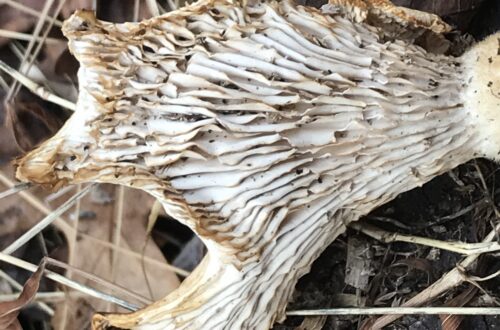Staying Safe: Bone Marrow Transplant Survivor Tells You How
I had no immune system for months after my bone marrow transplant. Here’s how I avoided viral illness, and how you can, too. It’s easier than you think.

This is by far and away the best post I’ve read on how to stay safe. I urge you to check it out here. Her major advice:
-
“Constant, thorough hand washing and hand sanitizing.
-
Constant, thorough cleaning and sanitizing of surfaces that I touched.
-
Completely avoiding primary vectors of transmission.
Avoid People, and the things people touch.
Upon returning home from any excursion, I wipe down my keys, phone, credit card (if I used it), car door handle, car steering wheel, garage door handles and front door handles.”
Carter specifically address concerns about food that were heightened by the otherwise very good PSA on handling Groceries: https://www.youtube.com/watch?v=sjDuwc9KBps
“Porous surfaces just aren’t significant vectors for coronavirus. There’s an extremely low likelihood of picking up any meaningful quantity of active virus from cardboard, clothes, paper, grocery store produce, grocery bags, etc. I rinse my produce with warm water, just a basic rinse to remove debris and chemical residues, like I’ve always done. I don’t wipe down my groceries with Lysol, and I don’t wipe down mail and packages, but I do wash my hands after putting away groceries and after opening mail.”
This article is kind of dense, but it’s a great run-down of the actual science behind why we shouldn’t be too afraid of virus in the air or on our groceries: https://www.statnews.com/2020/03/16/coronavirus-can-become-aerosol-doesnt-mean-doomed/“
I agree with what she and Dr. Amesh Adalja say about this–that we should be careful with all fruits and vegetables and wash them thoroughly because there are so many outbreaks from food-borne infection. Coronavirus is less likely to be spread through food than many other pathogens.
CDC estimates each year roughly 1 in 6 Americans (48 million) people get sick, 128,000 are hospitalized, and 3,000 die from foodborne diseases in the United States.
Where I disagree: While it is likely overkill to treat fruits and vegetables as being as dangerous as Dr. Jeffrey VanWingen does, we simply can’t get adequate care for food poisoning–or many other things–because our health systems are overwhelmed.
So for now, I will go for overkill with the precautions and then reduce to more normal levels of care when this is over.
References: A.M. Carter




